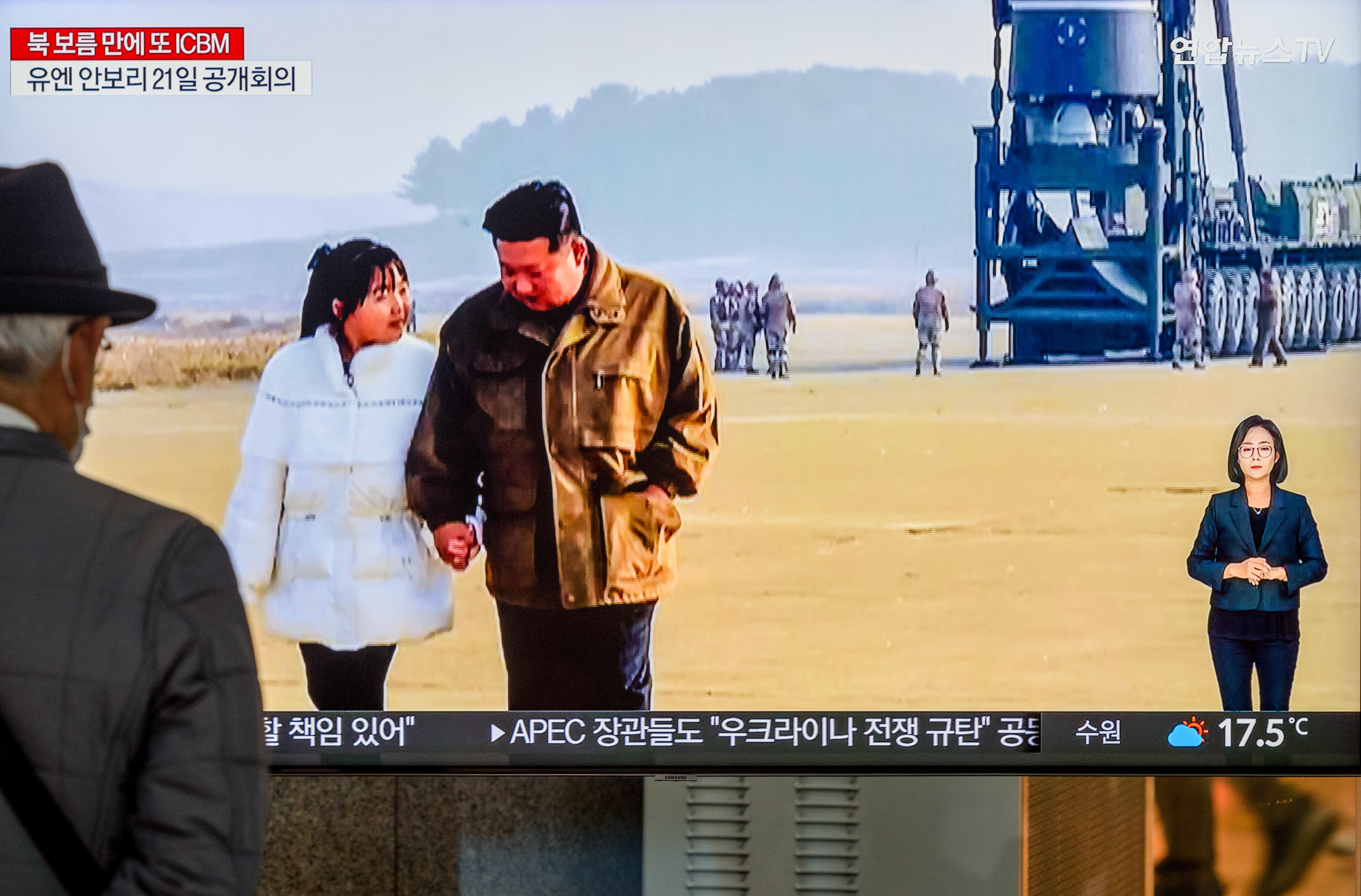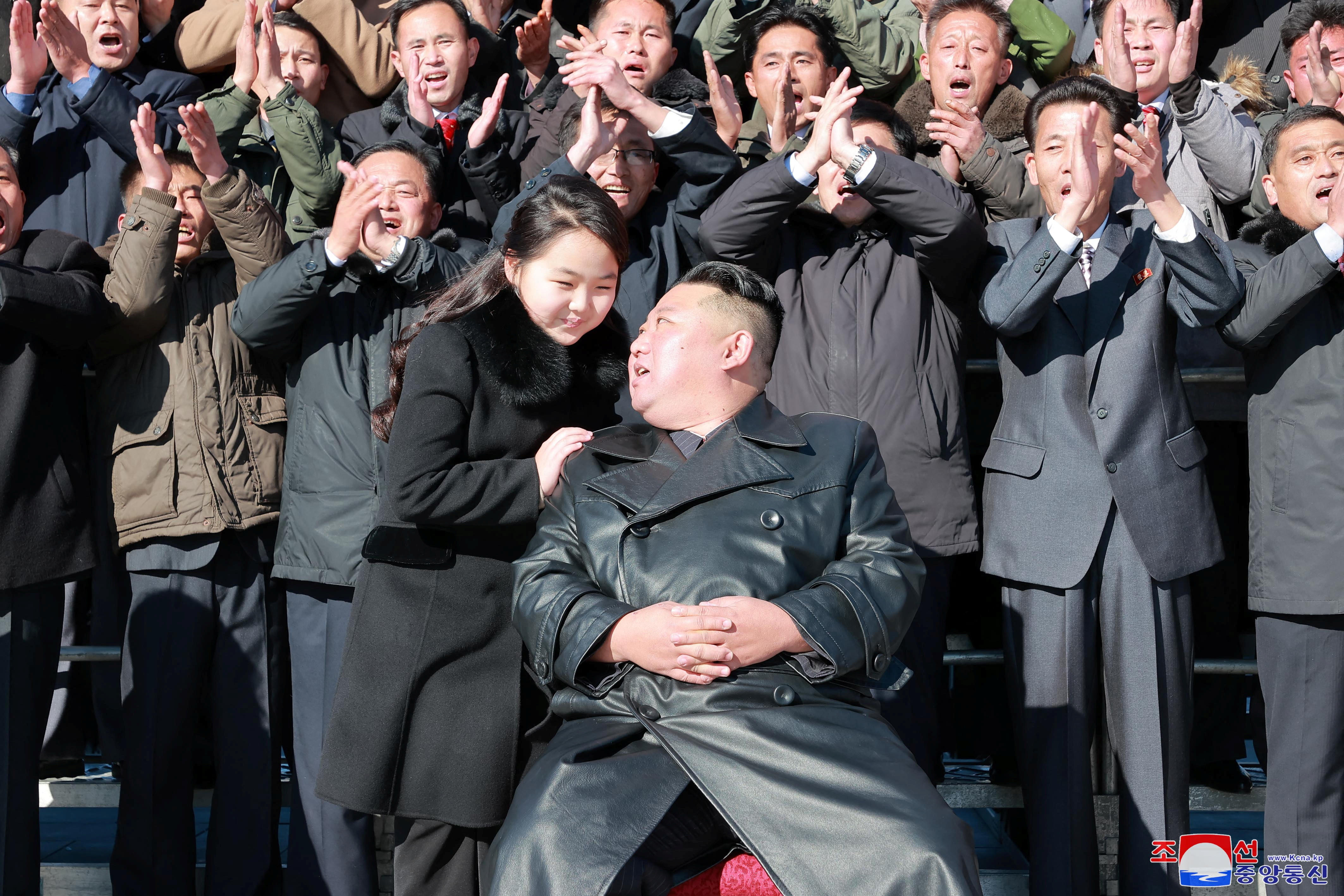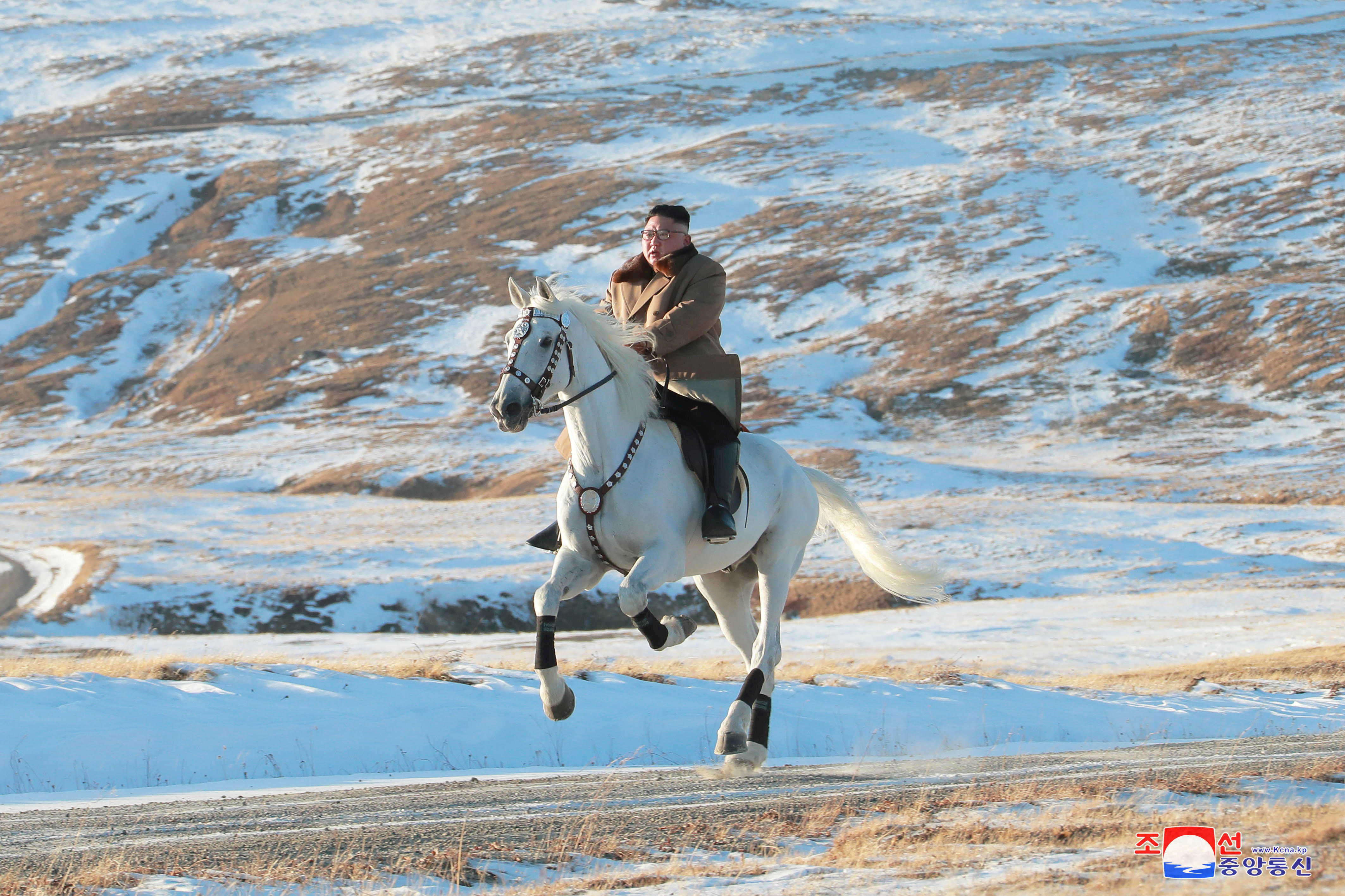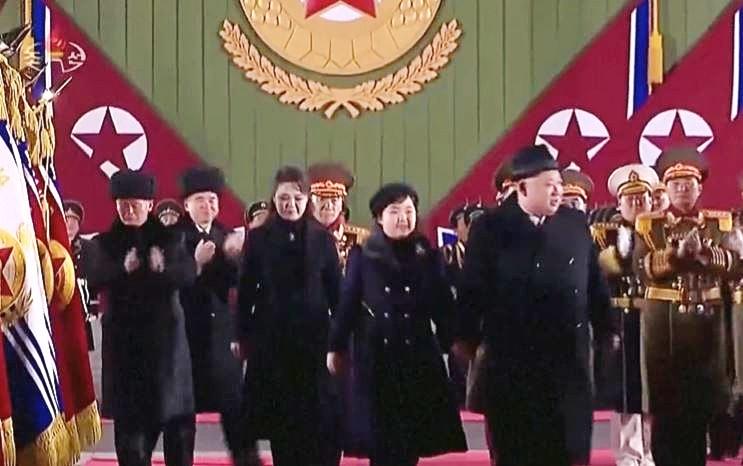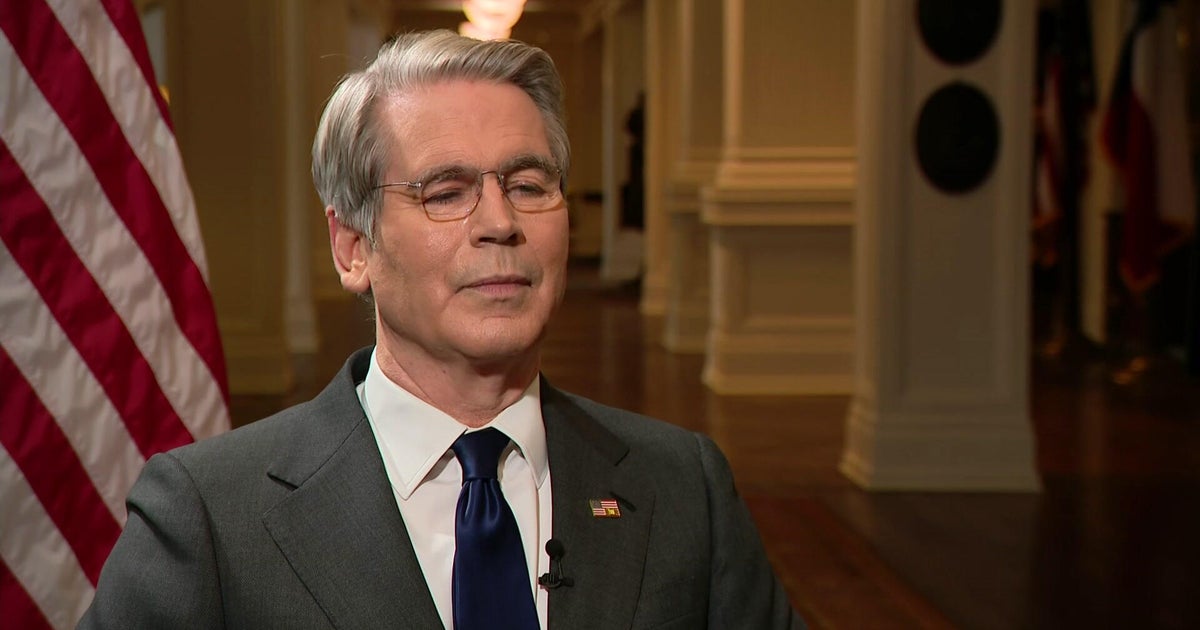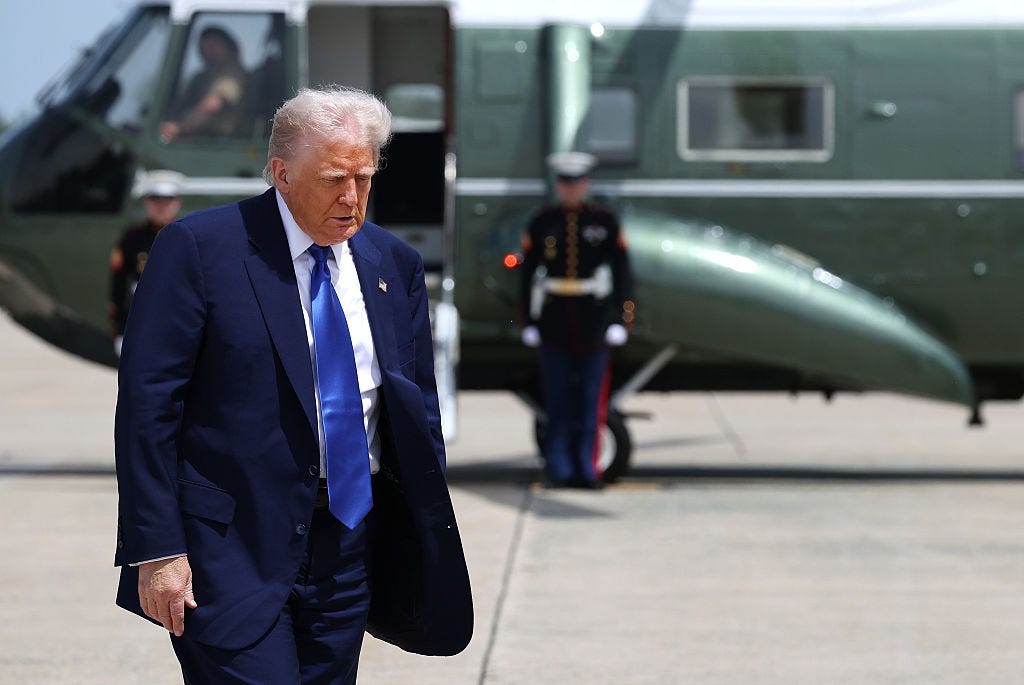Why is North Korean leader Kim Jong Un's daughter suddenly front and center?
North Korea has rolled out eight new stamps commemorating the country's most recent test launch of an intercontinental ballistic missile, or ICBM. Five of those stamps feature Kim Jong Un's daughter, Ju Ae, who's made a flurry of public appearances over the last several weeks.
The Kim regime is obsessively secretive, so the sudden appearance of the ruling dynasty's daughter is clearly a message. But what it means and who it's meant for is a mystery.
Almost nothing is known about Kim Ju Ae, including her birth date, but South Korea's intelligence service estimates she's 10 or 11 years old.
She first appeared in November, hand-in-hand with dad as he inspected the Hwasong-17 missile. She was also by his side for the launch.
In North Korean media, she's referred to only as the "Precious Daughter" or "Beloved Daughter." It was former basketball star Dennis Rodman who leaked her name after visiting the North Korean leader, a man he calls a friend.
Now, one South Korean news outlet, quoting anonymous officials north of the world's most heavily militarized border, says North Korean parents with girls called Ju Ae have been ordered to change their daughters' names.
In the pictures, Ju Ae and Kim Jong Un look happy together. In one, she's stroking his face with what appears to be genuine affection. Whatever the truth about their relationship, analysts are puzzling over the release of the pictures.
Is Kim trying to re-brand himself as Loving Family Guy, or Modern Man? Even as a feminist?
Ju Ae is thought to have two siblings, at least one of them a boy, but they are nowhere to be seen.
Next dictator "internally appointed"?
Kim has appeared on multiple occasions in propaganda videos and photos astride a white horse. In the Kim dynasty's own version of history, the white horse is a powerful symbol of the family's sacred duty to lead North Korea's charge toward a glorious future.
When the commentator at a military display in Pyongyang this month pointed out that Ju Ae's favorite white horse followed her father's in the cavalry parade, speculation ran wild that the recent pictures of Precious Daughter offer the first glimpses of North Korea's next dictator.
Seong-Chang Cheong, a senior analyst at South Korea's Sejong Institute, suspects that is the case. Even if the young girl's future hasn't been declared officially, he says Ju Ae appears to have been "internally appointed," and he sees evidence for that in the way Kim Jong Un's own rise to power played out.
Seong-Chang wrote last week that Kim's own aunt and uncle, who left North Korea and spoke with him in the U.S., said the dictator likely struggled with the way his father, former leader Kim Jong Il, kept his son's future role a secret despite deciding on Kim Jong Un as his successor when the boy was only eight years old. The decision was apparently only disclosed to a handful of senior family members at the time, in 1992.
"If Kim Jong Il disclosed the fact that he had 'internally appointed' Kim Jong Un as his successor to a wider range of staff," Seong-Chang said, speculation inside and outside of North Korea that one of the senior Kim's other sons might take over, "would not have been rampant for so long… and without such speculation, Kim Jong Un would not have had to assassinate his half-brother Kim Jong Nam in 2017."
"If the outside world had known early on that Kim Jong Un had been 'internally appointed' as the successor to Kim Jong Il at the age of eight, foreign experts would not have underestimated Kim Jong Un's grip on power and made groundless speculation," said Seong-Chang. "Kim Jong Un seems to have judged that it would do more good than harm to informally appoint his daughter Kim Ju Ae as the successor and make it public about her at her early age."
Opinions, however, are divided.
South Korea's top official on all matters north of the border, Unification Minister Kwon Youngse, told lawmakers this week that, given the current leader's relatively young age of 39 and the fact that North Korea's leadership has always been dominated by men, Ju Ae's recent public appearances were more likely symbolic, intended to bolster public support for the ruling family.
Seong-Chang said that interpretation may be based more on South Korean experts' own "implicit patriarchal prejudice" than the facts.
He pointed in his analysis to North Korea's tightly controlled state media "going beyond introducing Kim Ju Ae just as Kim Jong Un's 'beloved daughter' and using expressions such as 'precious' and 'respected,' which are not used even for first lady Ri Sol Ju or Kim Yo Jong," the leader's sister and "de-facto second-in-command."
"Considering the fact that the state news media gave Kim Ju Ae a special status more than a simple 'symbol of the future generation,'" Seong-Chang argued, "it cannot be said that the promotion of Kim Ju Ae has nothing to do with the succession issue."

